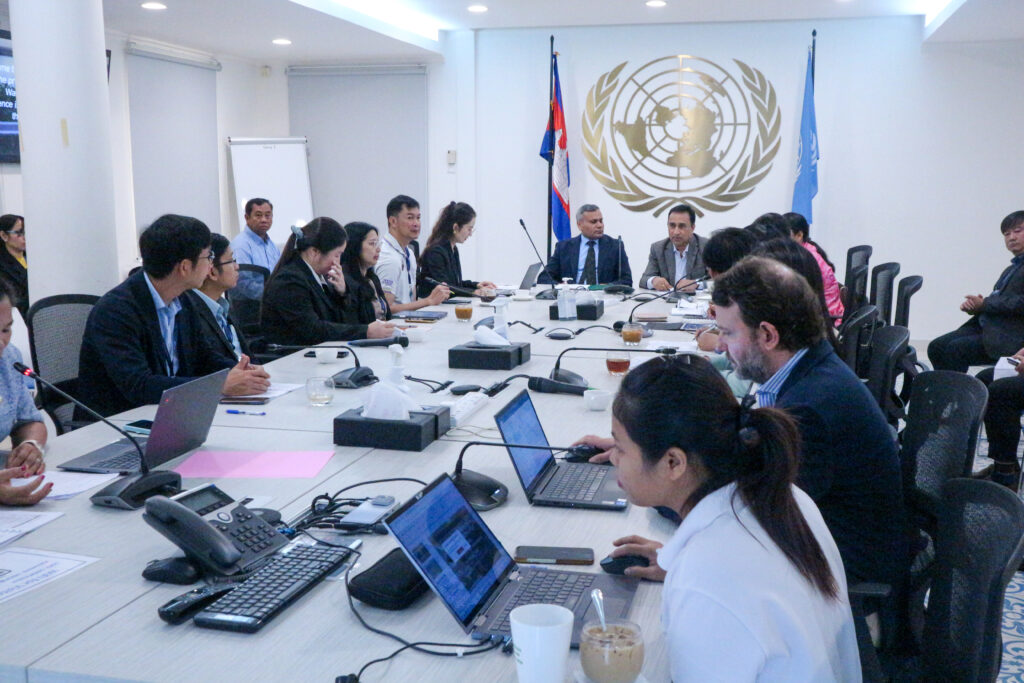Phnom Penh and Siem Reap, Cambodia– With support from the Mekong-Korea Cooperation Fund (MKCF), the Mekong Institute (MI) has organized a four-day Structured Learning Visit on Regional Program Development and Management: Insights from International Organizations in Cambodia for 22 delegates from line ministries in five Mekong countries from October 27 to November 1, 2024.
The four-day program included presentations, discussions with key project/program staff on regional challenges, project planning, monitoring and evaluation. Besides that, field visits and interactions with local stakeholders, partners and communities at project site were designed to provide a comprehensive picture of effective stakeholder management and coordination.
Sharing by UNDP, ILO and GIZ project partners with ongoing projects on environment, infrastructure, culture and tourism sectors revealed that in order to address regional challenges, all stakeholders must join hands with common understanding and efforts to achieve common goals of community development. This also generates opportunities for co-creation and establishes project synergies. At local level, the engagement of local agencies and communities to adopt co-creation principles during the project execution plays an important role in ensuring success of the project. The leading organizations, meanwhile, should maintain strong coordination mechanism among all the relevant parties.
The co-creation of project activities can come from the awareness raising of and capacity building for multi-stakeholders, especially the grassroot level to take advantage of available resources, the mobilization and contribution of various resources from the local authority and private sector. The co-organization of activities to produce mutual benefits for the community and co-maintaining the project positive impacts should be enhanced on a regular basis. In parallel with the effective collaboration among stakeholders, policy advocacy with the government should be promoted through meetings, workshops, exchange activities, knowledge sharing and mutual learning. After the learning visit, the participants are encouraged to maintain connections and networking that has been initially set up as foundation for future cooperation in solving sector-wise issues in the Mekong region.








